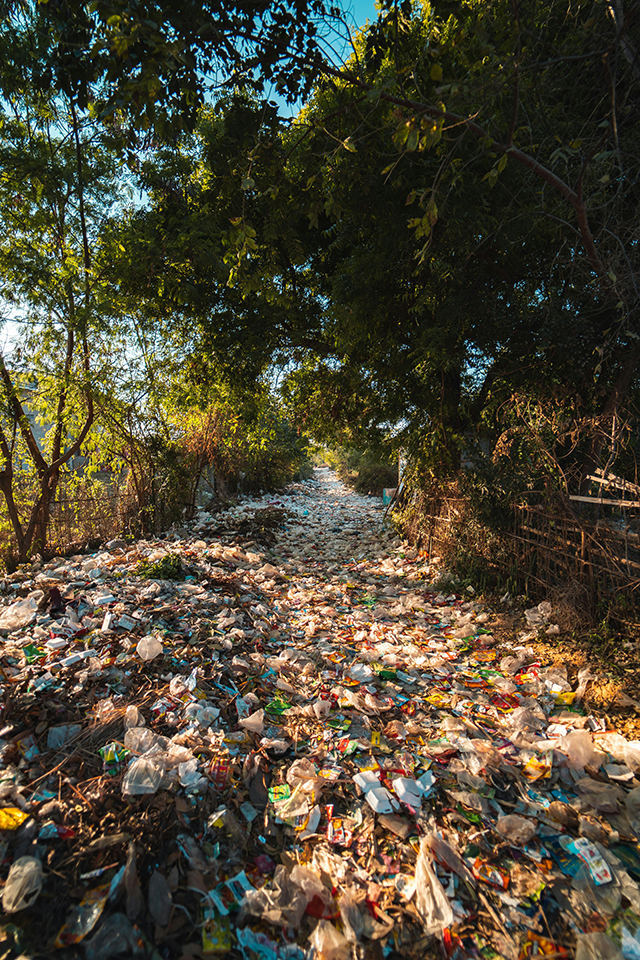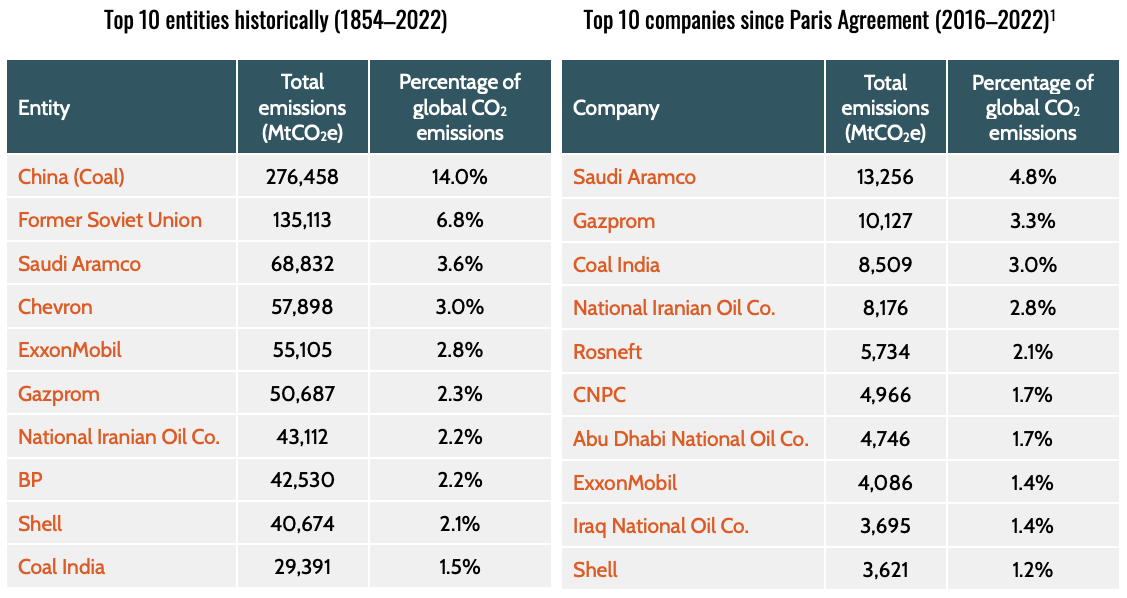
ICJ – THE HAGUE (Netherlands), 1 February 2012 – Exterieur the International Court of Justice (ICJ), on Wednesday 1 February 2012. Photo: CIJ-ICJ/UN-ONU, Capital Photos/Frank van Beek – Courtesy of the ICJ. All rights reserved
Significance of the Public Hearings
The International Court of Justice (ICJ) will hold a series of public hearings on the “Obligations of States in Respect of Climate Change.” Taking place from December 2 to December 13, 2024, at the Peace Palace in The Hague, Netherlands, these hearings aim to clarify the responsibilities of countries and legal sovereignties under international law regarding climate change. With 98 countries and 12 international organizations participating, this event underscores the urgent need for global collaboration in addressing the climate crisis. By exploring legal frameworks, the ICJ’s findings will shape future efforts to protect the environment for current and future generations.
Role of the International Court of Justice (ICJ)
The ICJ is the principal judicial body of the United Nations (UN), established in 1945 and operational since 1946. Based in The Hague, it operates from the iconic Peace Palace and comprises 15 judges elected for nine-year terms by the UN General Assembly and Security Council.
Key Functions of the ICJ:
- Settling disputes between states: The ICJ resolves legal conflicts submitted by nations, adhering strictly to international law.
- Issuing advisory opinions: Upon request from authorized UN bodies, the ICJ provides non-binding but influential guidance on legal questions.
While its rulings in disputes are binding, advisory opinions are not legally enforceable. However, these opinions carry significant moral and legal weight, often shaping international policies and behaviors. The ICJ’s work fosters global cooperation and strengthens the rule of law in international relations.
Background of the Climate Change Hearings
In March 2023, the UN General Assembly adopted Resolution A/RES/77/276, requesting an advisory opinion from the ICJ to clarify countries’ obligations regarding climate change. This resolution stems from growing concerns about the insufficient legal accountability for environmental harm caused by greenhouse gas emissions.
Core Legal Questions:
At the hearing, countries and legal countries are being asked to address the following:
- Obligations of states: What duties do nations have under international law to protect the climate system from human-caused emissions for present and future generations?
- Legal consequences: What are the legal ramifications for countries that, through action or inaction, significantly harm the climate system? This includes:
- Impacts on vulnerable states: Small island nations and others disproportionately affected by climate change.
- Effects on individuals: The rights and wellbeing of current and future generations.
These questions address critical gaps in accountability and aim to establish clearer responsibilities for states under international law.
Participants and Their Roles
The hearings will feature 98 states and 12 international organizations, each presenting their perspectives and concerns. For eample, some of the participating legal sovereignties and groups include:
- Small Island Nations: Countries like Vanuatu will highlight the existential threat posed by rising sea levels and extreme weather, emphasizing the urgency of global action.
- Major Powers: Nations like the United States and China will provide insights into their roles as major greenhouse gas emitters, outlining their policies and responsibilities in reducing emissions.
- International Organizations: Entities such as the African Union and European Union will focus on promoting regional cooperation and aligning efforts to achieve climate resilience and sustainability.
Participants aim to showcase their unique challenges and propose actionable solutions. For example:
- Small island nations will advocate for stronger protections and financial support to adapt to climate impacts. These nations often face existential threats due to rising sea levels and intensified natural disasters.
- Larger nations may discuss their responsibilities under international agreements, highlighting efforts to reduce emissions, promote renewable energy, and support global climate initiatives.
- Regional organizations will stress the importance of collective action, urging countries to collaborate on solutions that benefit both regional and global communities.
By bringing diverse voices to the table, the hearings will offer a comprehensive picture of the climate crisis and foster a sense of shared responsibility among nations.
Schedule of Presentations
The hearings are scheduled with each participant allotted a specific time slot to present their statements. Some of the notable dates and participants include:
- December 2, 2024: Opening proceedings and presentations by Vanuatu, South Africa, Germany, and others.
- December 4, 2024: United States, Russian Federation, and Fiji, among others.
- December 6, 2024: Statements by Kenya, Jamaica, and the African Union.
The topics covered will include:
- Legal frameworks: Obligations under treaties like the Paris Agreement.
- Climate vulnerabilities: Specific risks faced by participating states.
- Policy recommendations: Proposed actions to strengthen international accountability.
Why These Hearings Matter
The ICJ’s advisory opinion holds the potential to reshape the global approach to climate change by providing legal clarity and moral authority on the obligations of states. Here’s why these hearings are significant:
- Clarifying International Law: The hearings aim to define the specific legal responsibilities of states under international treaties, such as the Paris Agreement, to mitigate and adapt to climate change.
- Promoting Accountability: By addressing gaps in enforcement, the ICJ’s opinion could encourage countries to align their policies with their legal obligations, setting higher standards for global action.
- Fostering Global Cooperation: The hearings bring together diverse voices from across the globe, reinforcing the idea that combating climate change is a shared responsibility requiring collective effort.
- Protecting Vulnerable Communities: The discussions emphasize the disproportionate impact of climate change on small island nations and under-resourced countries, advocating for their protection and support.
The ICJ’s findings could influence future climate negotiations and encourage stronger commitments from nations. They may also serve as a legal foundation for individuals and communities seeking justice for climate-related harm. Beyond the legal aspects, these hearings inspire hope for a unified global response to the climate crisis, demonstrating how international law can be leveraged to create meaningful change.
By tackling these critical issues, the hearings demonstrate the power of international law in addressing one of the most pressing challenges of our time.
Summing Up
The ICJ’s public hearings on climate change obligations are an important contribution to the fight against the global climate crisis. By clarifying the legal responsibilities of states, these proceedings offer a beacon of hope for more accountable and cooperative international action.
How to Follow the Hearings
Here are ways you can follow the hearings via live-streaming:



